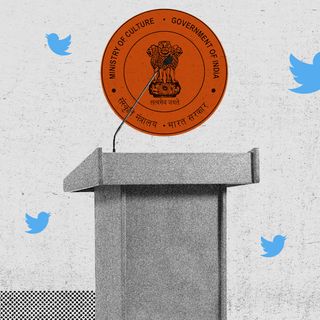Governments in which women are well represented are more likely to fulfill campaign promises, concludes a study of 12 countries. And when women are involved in leadership, governments are even more likely to deliver on campaign promises, the study showed.
It is the latest finding in a growing body of research that establishes the positive effects of inclusive governance. A 2018 U.N. study of 20 years’ worth of Indian data supports the new finding; it found significantly greater economic and infrastructure development in constituencies represented by women. Additionally, previous research has found governments are less corrupt when more women are involved. And even more recently, a 2020 study found countries led by women had weathered the Covid19 pandemic “systematically and significantly better” at the time of publishing.
“Our results clearly indicate that women leaders reacted more quickly and decisively in the face of potential fatalities,” Supriya Garikipati, a developmental economist at Liverpool University and the study’s co-author, told The Guardian in August.
New Zealand, under the leadership of Jacinda Ardern, has regularly made headlines for its control of Covid19. (Notably, New Zealand’s parliament also has the largest proportion of LGBTQ+ members of any other country, making it one of the most inclusive governments globally.)
The latest study adds to the conclusion that, quite simply: Women get things done.
Related on The Swaddle:
Women in Power Scare Us More Than We Will Openly Admit
“Women may in fact be more effective at this process than men, even when faced with the same institutional challenges,” Jonathan Homola, Ph.D., an assistant professor of political science at Rice University in the U.S., said in a statement. Homola analyzed data from the Comparative Party Pledge Group, an international, collaborative research effort to track political pledges and their fulfillment in 10 European countries, Canada, and the U.S.
Women may be more effective because they have to be in order to achieve even the same level of success and respect as their male peers. This is true across most fields, but especially in those like politics, which have historically been so thoroughly dominated by men. Voters, said Homola, “are usually very well-informed about broken and partially fulfilled promises.” Still, that doesn’t necessarily stop the re-election of men who have failed to deliver — take Canada’s Justin Trudeau, for example, whose party was re-elected last year though he has been widely criticized for failing to deliver on at least 50% of promises from his 2015 election.
Arguably, failing to deliver on election promises is often in the (partisan) eye of the beholder. And yet, there’s no doubt we make women work doubly hard to achieve leadership positions in which they are more effective than men. Why do we make it so difficult to improve the world?




